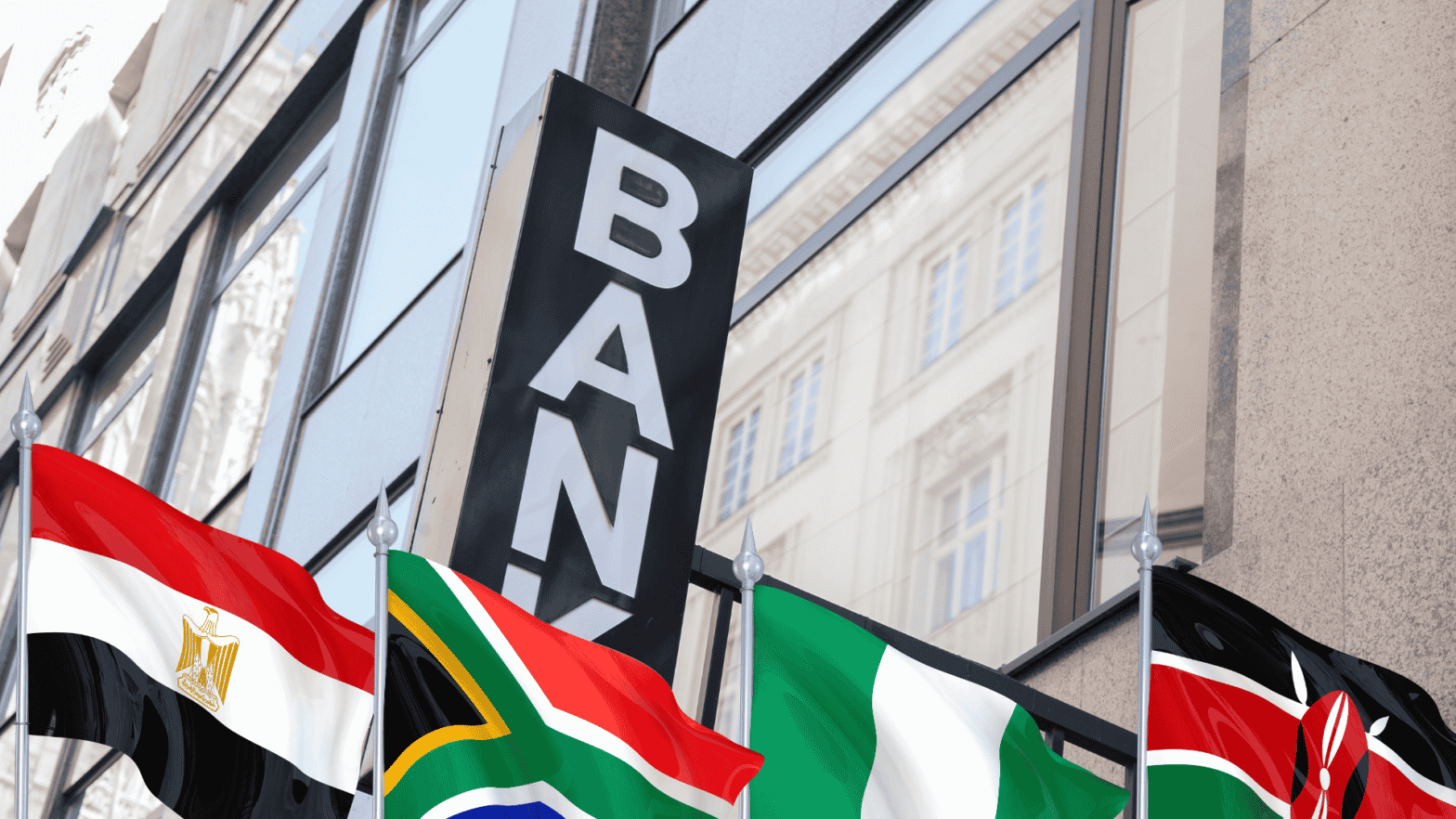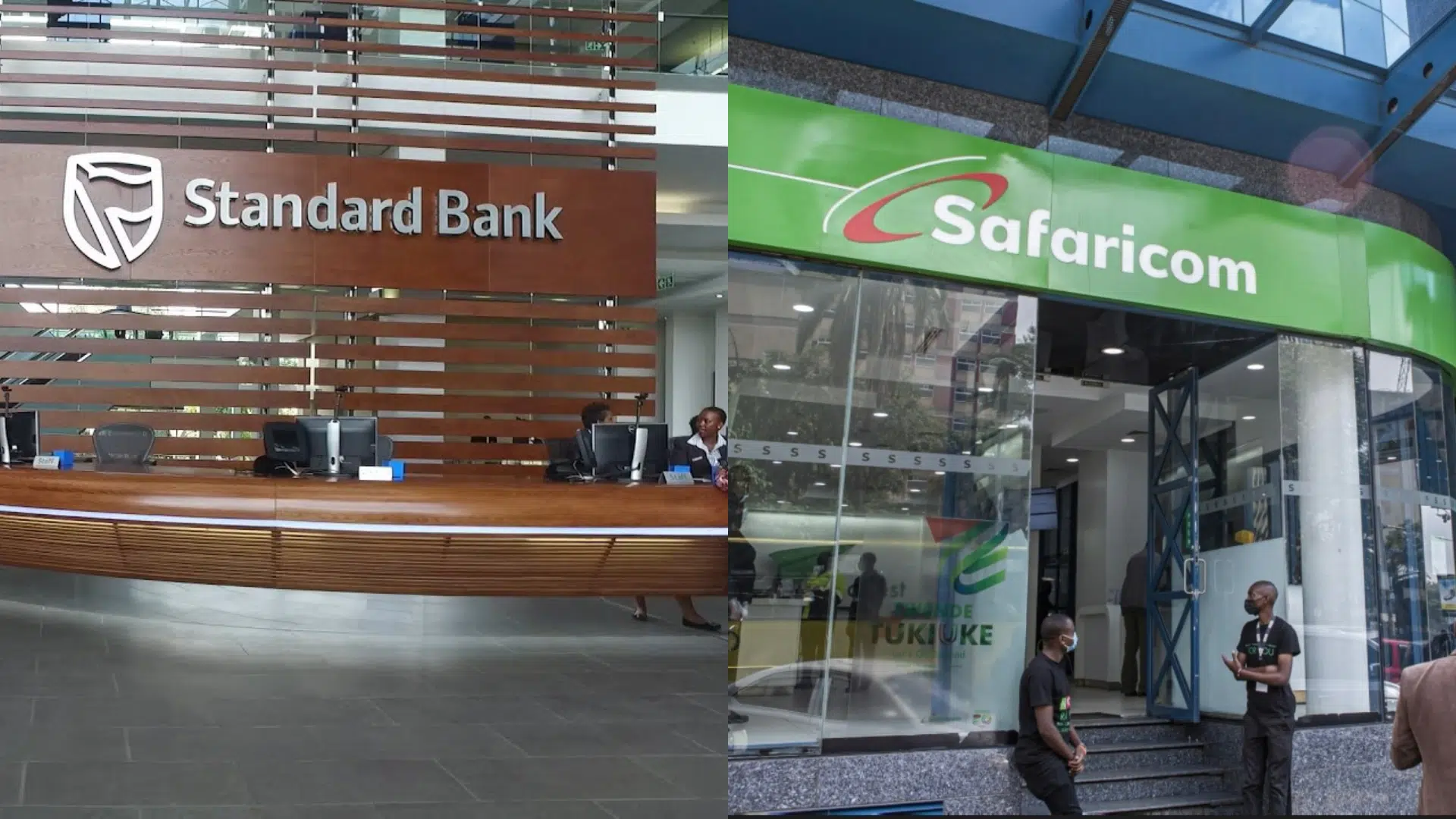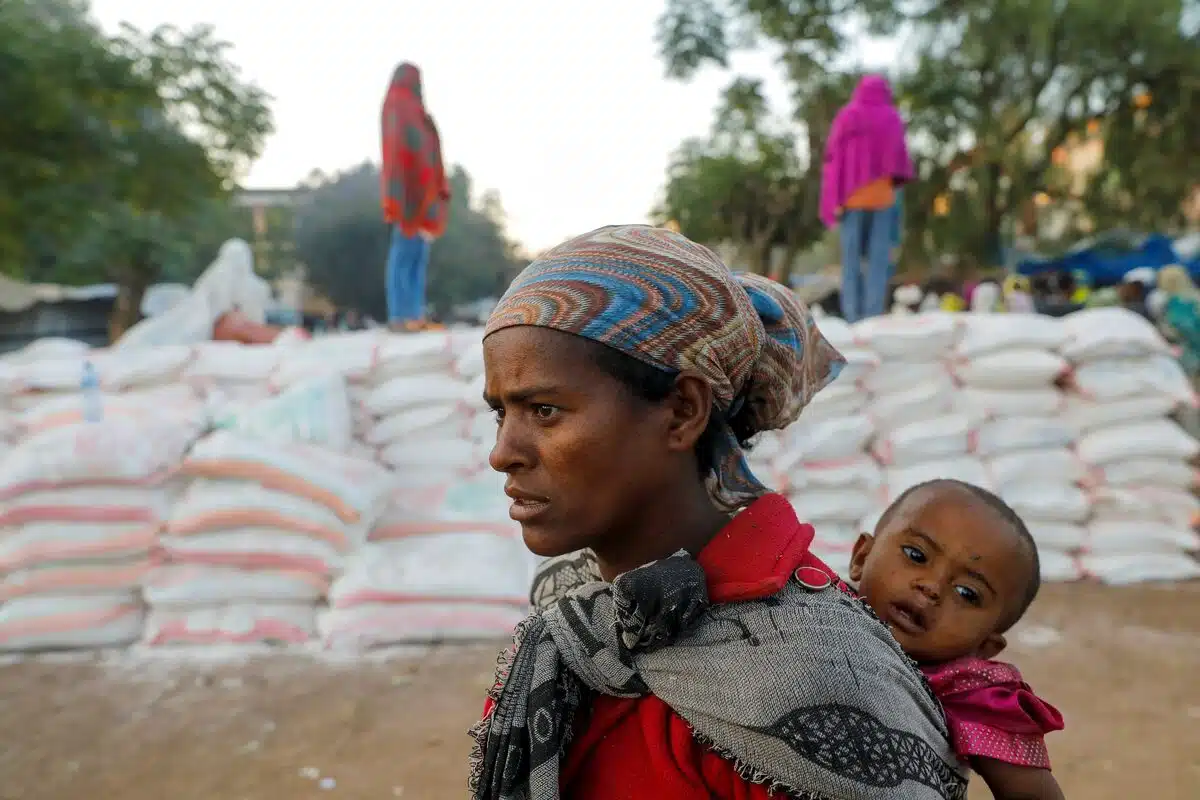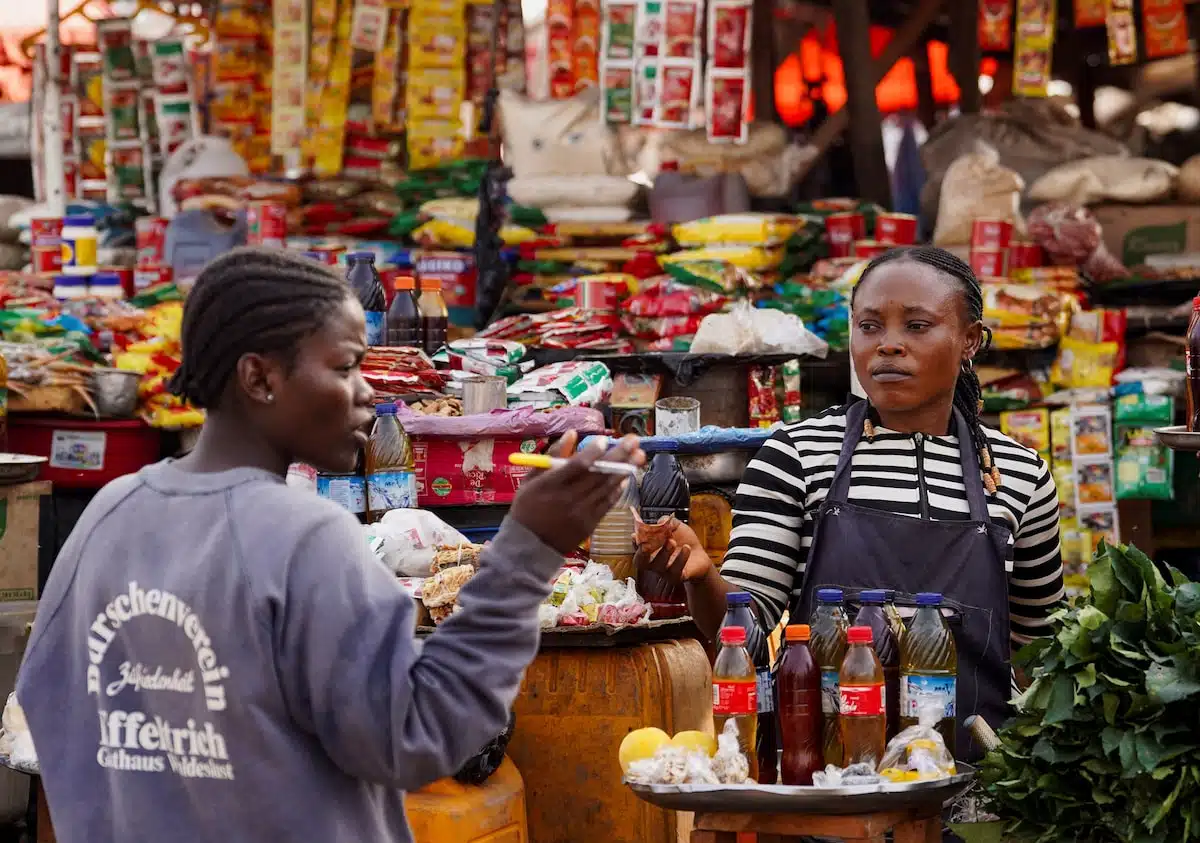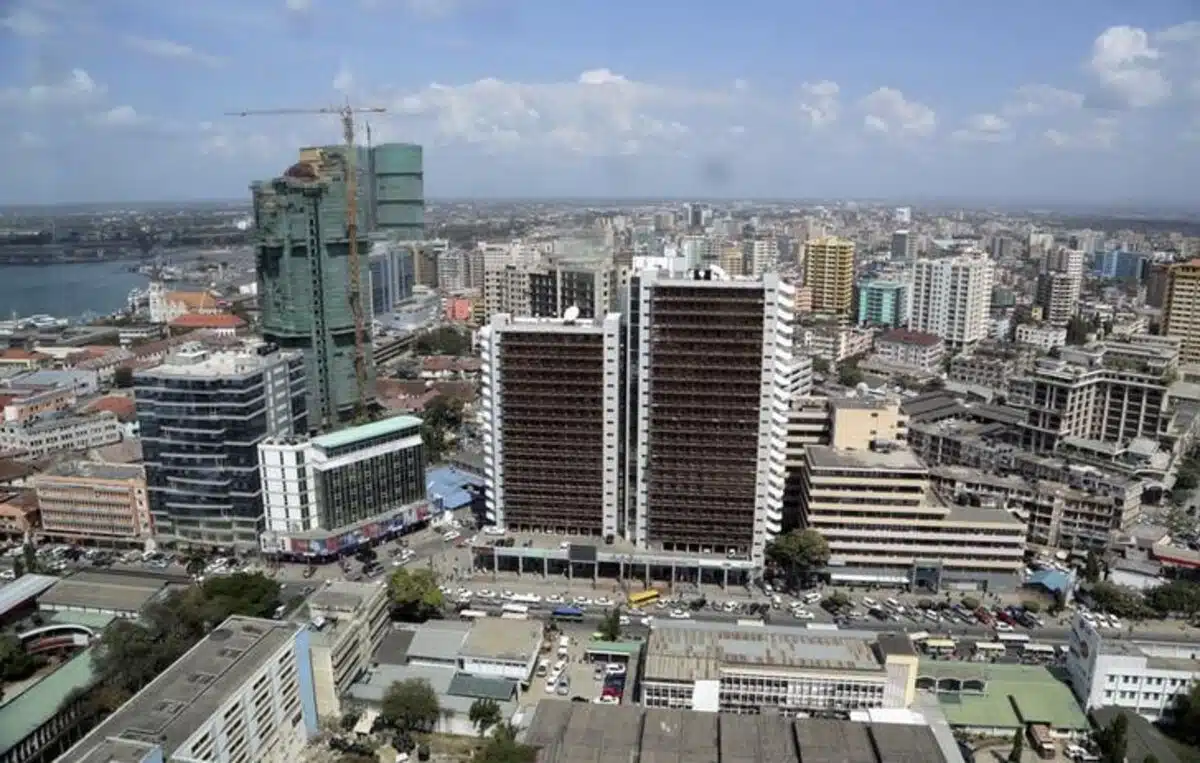Lotus Bank, a Nigerian non-interest (Islamic) lender, has moved to ease one of the biggest concerns over Nigeria’s new point-of-sale (POS) rules, assuring merchants they will still be able to use card terminals outside their primary locations under controlled approvals.
Last week, the Central Bank of Nigeria (CBN) issued a circular requiring banks, microfinance lenders, mobile money operators and fintechs to tighten oversight of POS devices.
The directive, signed by Rakiya Yusuf, Director of Payments System Supervision, makes GPS tracking mandatory and binds each terminal to a single verified address.
Moving a machine more than ten metres from its registered spot now constitutes a breach, a rule that restricts the mobility of agents who have powered Nigeria’s payments boom.
Speaking in an interview with Finance In Africa, Akinlabi Adegoke, Lotus Bank’s Chief Digital Officer, said the lender has put in place systems that give businesses flexibility without breaking the rules.
“We understand that legitimate merchants sometimes need to operate outside their primary location, for example at trade fairs, exhibitions, or seasonal markets,” he said. “In such cases merchants will need to request approval through our acquiring support team, and we will geo-tag the event location for the period of use.”
Adegoke added that it ensures flexibility for businesses while maintaining the integrity of the geo-fencing rules set by the CBN.
ISO 20022 readiness
According to the digital officer, the Islamic lender is on track to meet the October 31, 2025, deadline for migration to ISO 20022, the global payments messaging standard, and the other major requirement under the apex bank’s new rules.
He said Lotus has already upgraded its core infrastructure to handle the new standard and has been testing transactions with the National Central Switch before the regulator’s directive.
The focus now, he added, is ensuring terminal-level compliance with acquiring partners. “Internally we have set earlier cut-offs so we have room for remediation well ahead of CBN’s validation exercises,” he said.
Like many other Nigerian lenders, Lotus does not always handle POS distribution and management directly but works through specialised payment companies known as acquiring partners.
These firms supply devices, maintain hardware, provide software, and process transactions on behalf of the banks.
Phased rollout of GPS-enabled terminals
Adegoke acknowledged that many of the devices under Lotus’s management still fall short of the central bank’s GPS requirement. To address this, Lotus is working with acquiring partners on a phased replacement programme.
“With our partners, we have mapped those out and are implementing a swap programme,” he explained.
In some cases, older machines could technically be fitted with external GPS modules, but he noted that “retrofit is not always cost effective.”
Instead, Lotus is replacing most of them with new Android-based terminals that already meet the CBN’s specifications.
He added that the rollout will prioritise large merchants.
“We are focusing on high-volume merchants first so that compliance does not disrupt payment acceptance at scale,” he said.
Fraud and privacy concerns
Looking ahead, Adegoke said Lotus is enhancing its fraud monitoring systems to take advantage of richer transaction data under the new regime.
He explained that the combination of merchant identifiers, device metadata and precise location data will allow the bank to detect unusual activity more quickly.
Privacy safeguards, he stressed, are central, with end-to-end encryption, role-based access controls and compliance with Nigeria’s Data Protection Act guiding how data is stored and retained.
“For us at Lotus, it is about more than compliance. It is about protecting the ecosystem, reducing fraud, and giving customers greater trust in digital payments,” he said.
By replacing outdated terminals, geo-tagging new devices and strengthening fraud controls, Lotus is positioning itself to meet the CBN’s deadline without slowing activity in one of Africa’s fastest-growing payments markets.
According to the Nigeria Inter-Bank Settlement System, POS transactions in Nigeria hit $7.4 billion in the first quarter of 2025, up 301% from the same period a year earlier.





